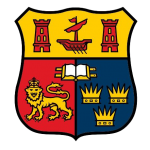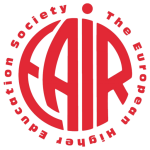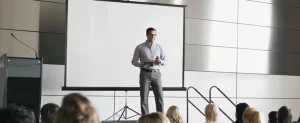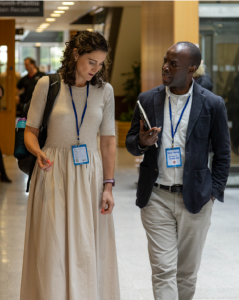

EAIR Forum Cork 2024
Track 3: Sustaining Research Excellence
Track Chairs: Dr David O’Connell, Dr Jessica Nooij
Sustaining competitive and effective research systems that foster deep connections between research, innovation, and education, and which address complex and dynamic societal challenges that extend beyond disciplines and international borders, require strategies that strengthen research excellence and deliver impact. Key to success in this regard is attracting, developing, and retaining researcher talent, embedding the ethos of co-creation, and fostering collaborative inter-disciplinarity at institutional, national, international and systems levels.
The impetus of research excellence approaches also requires that a focus is maintained on ensuring:
- Added value
- Agile administrative structures
- Effective management of ever-increasing compliance requirements
- Effective community and research end-user engagement
- Adequate resourcing and appropriate funding models
- Appropriate institutional autonomy
- An appropriate balance between the effective forces for collaboration and competition
It is also important to be mindful that performativity underlies policies pertaining to research excellence, in the form of global rankings, research output levels and assessment, and demands for increased institutional research prestige.
The challenge of resourcing and sustaining research excellence also raises important questions including:
- What mechanisms and initiatives can be mobilised by institutions to develop transformational strategies for building research capacity, strengthening and sustaining research excellence, and encouraging stakeholder participation via co- creation frameworks?
- Climate action and digital transformation are the recognised twin transitions that are driving much behaviour and action globally, and are set to underpin all countries’ longer-term development – how are our institutions supporting, and how will they be supported, in delivering the research and innovation component of these critical agendas?
- More generally, what is the role of institutions, and what value can they add, in strengthening connections between societal actors and key political agendas and policymakers, both nationally and internationally?
- What do institutions need to consider in terms of promoting and embedding research integrity, responsible academic practices, and ensuring the well-being of their researchers throughout their career trajectories?
- What is the impact of increasingly transparent approaches to research outputs, evaluation, and dissemination? How will institutions embed the principles of Open Research including the responsible use of metrics and responsible research assessment (RRA), and what will this mean for research practices, researcher careers, and the accessibility, dissemination, and impact of research?
This track is chaired by:

Dr David O’Connell








